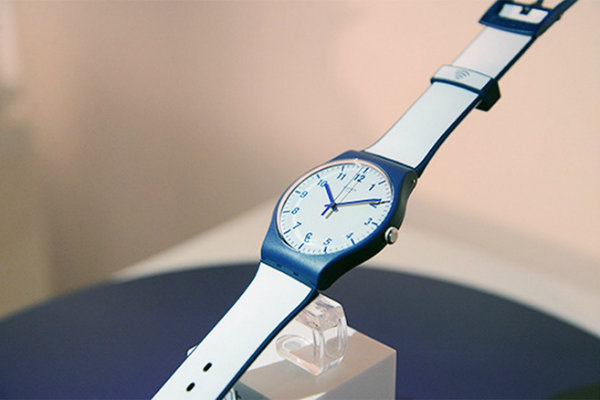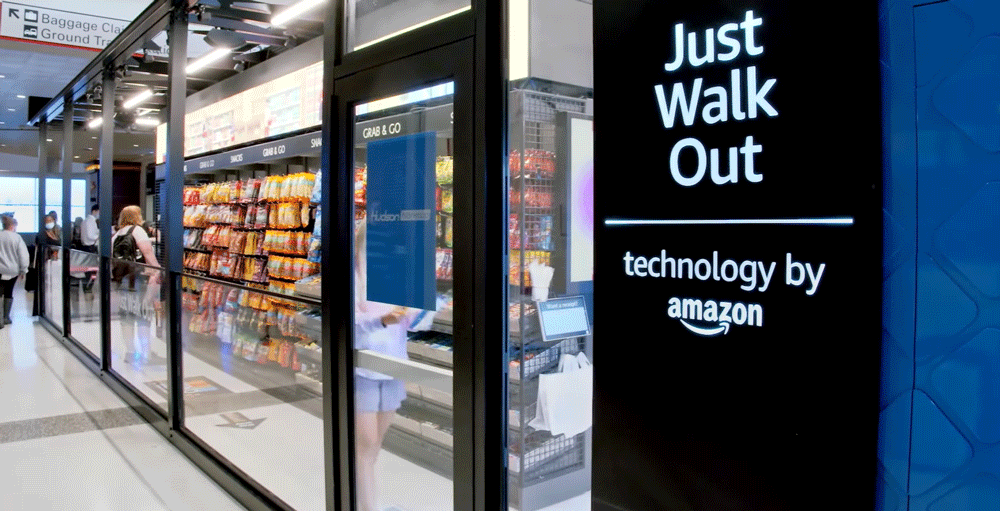Swatch has emerged as competition against the likes of Apple with the Bellamy, a new watch complete with a unique contactless payment system.
The watch specialist partnered with China‘s Bank of Communications, China UnionPay network and later Visa on the Bellamy.
Apple Pay launched in late 2014 as a way for consumers to make quick payments with Apple products. Samsung too, threw its hat into the ring with Samsung Pay and Android Pay, which distinguish themselves through technology that works with most existing terminals. This enables merchants to take payments without having to update their hardware unlike the case of Apple.
The Bellamy itself is not a smart watch: a Near-Filled Communication (NFC) chip is hidden under the analogue dial, allowing users to simply touch it against a payment terminal as if using a card, and using no power in the process. This has potential to be used in markets with less access to technology, such as India and Kenya, which Visa has previously been less able to utilise.
Jim McCarthy, Executive Vice President for Innovation and Strategic Partnerships at Visa, said that the focus for the Bellamy will be on smaller transactions.
“This is everyday spend. With an Apple Watch you can walk into a high-end store and buy a TV. But people are conditioned to use their wallet for that.
As behaviour changes, you could see that kind of purchasing [using a watch] in higher-end stores. But say you‘re out for a run, you didn‘t bring your wallet, you just finished and want a coffee – now you can tap your watch.”
David Sadigh, Chief Executive of Digital Luxury Group, pointed out that the main appeal for Swatch products comes from the standard of watch rather than potential for electronic payments, but labelled the Bellamy “a good first step by Swatch.”
Visa‘s deal with Swatch is not exclusive, and the company has expressed an openness to similar agreements with other watch brands.


















